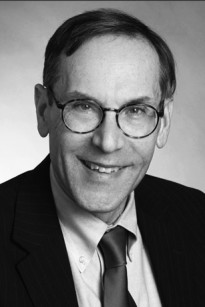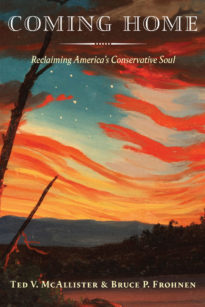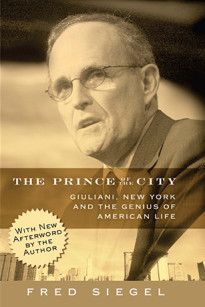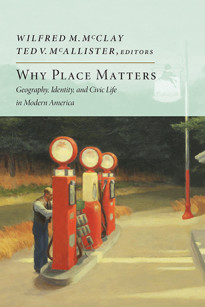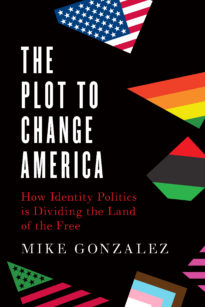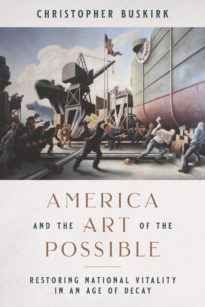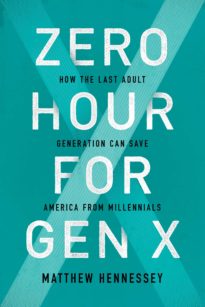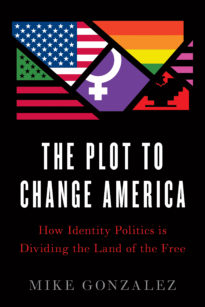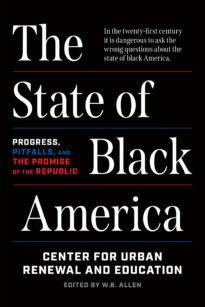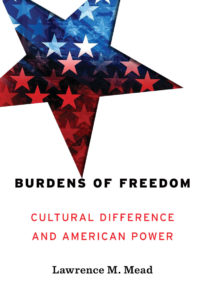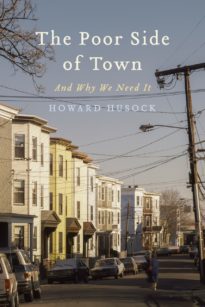This book combines a critique of more than a century of housing reform policies, including public and other subsidized housing as well as exclusionary zoning, with the idea that simple low-cost housing—a poor side of town—helps those of modest means build financial assets and join in the local democratic process. It is more a historic narrative than a straight policy book, however—telling stories of Jacob Riis, zoning reformer Lawrence Veiller, anti-reformer Jane Jacobs, housing developer William Levitt, and African American small homes advocate Rev. Johnny Ray Youngblood, as well as first-person accounts of onetime residents of neighborhoods such as Detroit’s Black Bottom who lost their homes and businesses to housing reform and urban renewal. This is a book with important policy implications—built on powerful, personal stories.
Free shipping on all orders over $40
The Poor Side of Town
And Why We Need It
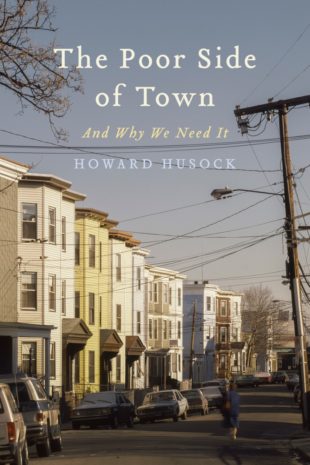
Also Purchase as e-Book
Publication Details
Hardcover / 216 pages
ISBN: 9781641772020
AVAILABLE: 9/21/2021
- Media: Request a Review Copy
- Academia: Request an Exam Copy
About the Author
Howard Husock is a Senior Fellow in Domestic Policy Studies at the American Enterprise Institute and a Contributing Editor of City Journal.
Praise
Excerpt
A
mong the greatest experiences of my life was serving in one of America’s smallest political offices. For three terms during the 1980s, it was my honor to represent Precinct 6 at the Brookline, Massachusetts Town Meeting. In contrast to the classic New England “open” Town Meeting, which any adult resident may attend, ours was a “representative” version—a 240-member citizen legislature comprising 15 members from each of the 16 districts. All were volunteers. Yet our votes were consequential: We decided the annual budget appropriations for a municipality of nearly 60,000 people.
Debate could be intense. How much should go for the public schools, how much for the “town”—police and public works and more? (We called that the “town-school split.”) Should the tax rate be raised? Should the long-standing ban on overnight street parking be relaxed, and should more rooming houses and bed-and-breakfasts be permitted? In a town that included both dense urban neighborhoods adjacent to Boston and postwar suburban areas, interests and issues ranged widely. Standing roll call votes could occur. There was no hiding for a Town Meeting member. During my tenure, the Town Meeting voted to phase out rent control—exposure to which helped move my own views from left to right. After I left, residents voted to permit the retail sale of marijuana. In other words, Town Meeting mattered.
As engaging and heated as such discussions could be—I won one election by a single vote— they were not, I now believe, the best aspect of this intense form of local democracy. What mattered more was what one would call the socioeconomic range of those gathering for several days at least twice annually in the high school auditorium to debate the “warrant articles” and to vote. During my time, the members included one of the most prominent geneticists in the world and the custodian at the Town Hall. There were always anti-war activists pushing for Town Meeting to pass resolutions condemning some military action—and the local American Legion leader resisting them and defending the tradition of saying the Pledge of Allegiance before sessions. White collar and blue collar, Black and white, Catholics, WASPs, and Jews, doctors and lawyers and firefighters and landscape architects.
This true diversity was not the result of some policy design. It was the natural result of the range of neighborhoods in Brookline. There was Pill Hill for the doctors, lined with historic Victorian-era mansions, and, at its bottom, the Point (formerly called Whiskey Point), historically Irish American and packed with two- and three-family frame homes. There were strongholds of New England Yankees—I think of the managing partner of a downtown law firm with colonial-era roots and the long-time chair of the important Town Meeting finance committee, which hashes out the annual budget before Town Meeting votes. There were the children of the blue-collar immigrant Irish, including the head of the Public Works Department union, who would become a major regional labor leader. There were middle-class Jews who’d made their way up and out of their Boston ghetto. (That would be me, if my extended family were included.) They lived in distinct neighborhoods but not at all far apart.
.
